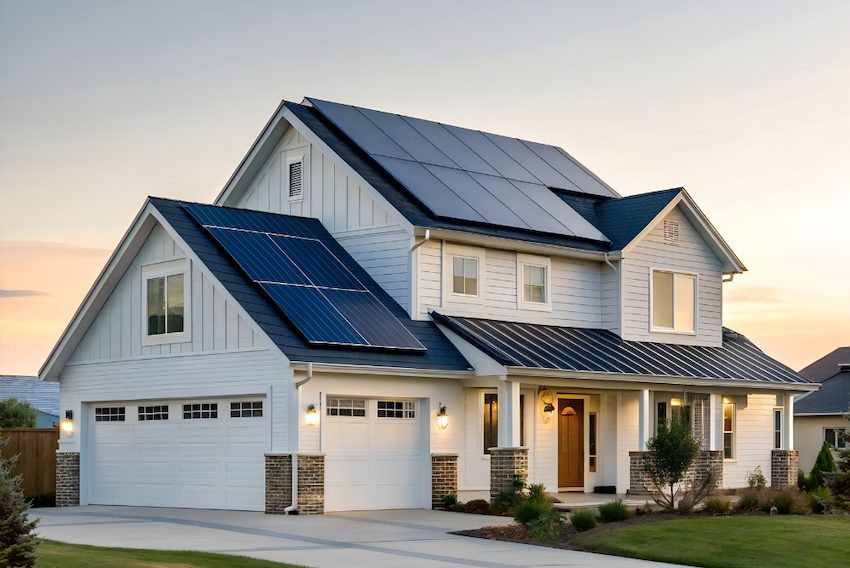New homes come equipped with great appliances and modern features. But a brand new home is not without flaws. If you want to buy a new construction home, do your research first. This will ensure you invest with your eyes wide open. Like any property, a new construction home can come with costly pitfalls if you make assumptions along the way. Here’s what to know and what to avoid.
Every builder is different
Before purchasing a new construction home, research the builder. Local builders should be listed on the Washington State Department of Labor and Industries website. If a builder is not listed, call that department. You want to make sure the builder is licensed to work in our state. Additionally, you’ll want to avoid builders with infractions, such as safety citations or pending lawsuits. Also, it can be helpful to read clients’ reviews online. If possible, talk to people who have bought a house built by a certain builder. See how it has held up over time.
Local Brokers and home inspectors are great resources, too. They can provide other valuable builder and neighborhood details. In small communities like ours here on Bainbridge Island, working with locals is incredibly advantageous. A well-connected real estate agent can provide the resources and insider information you need. They know the history of different areas, builders’ reputations, and the nuances of certain neighborhoods.
Timelines can change
Construction timelines can vary widely, especially given a home’s size, location, and features. Therefore, you’ll want to establish a deadline from the beginning, along with project milestones. By doing so, you’ll avoid miscommunication and have a clear goal to work toward.
Unfortunately, new construction homes often experience delays. From supply chain disruptions to adverse weather, there can be twists and turns along the way. And, keep in mind that if you request construction changes midway, this will also delay the timeline. A local, experienced, and transparent broker can be quite an asset in this situation. Lastly, it’s essential to read the fine print in any contracts. You’ll want to make sure the sections on delays are reasonable and that protections for you are included.
Know what’s included and what’s not
Some new-construction buyers believe they can completely customize a new home, including the cabinetry, doors, and layout. This isn’t necessarily the case. Be sure to ask potential builder partners what they specifically provide for customization. While many builders offer some level of personalization, that’s very different from completely customizing a new home. Talk openly and frequently with your builder. Ask your customization and design questions right away to avoid costly mistakes. Often, potential upgrades include hardwood or tile flooring and custom countertops. If you do decide to upgrade, those changes and costs are added to the contract to avoid misunderstandings.
Hire an independent home inspector
Even though these homes are brand new, it’s still worth getting a home inspection. You’re essentially the first person to test the home out to see if there are any problems with components like the HVAC and the roof. Hiring an independent home inspector will help you identify any needed repairs. Furthermore, an independent home inspector’s report will help you start a dialogue with the builder about addressing any issues before you move in. According to Realtor.com, “if you’re buying a home under construction, you should hire an inspector twice. The first time is so they can look over the home before the walls are closed, and inspect framing and systems installation. The second should be after the home is complete, so they can inspect everything else.”
Understand your home warranty
New-construction builds often come with a home warranty—a promise to fix anything that breaks within a set period of time. However, many homebuyers don’t use it because they don’t know what it covers or for how long. Warranties can safeguard against poor construction and/or any unanticipated defects. It’s vital that you fully understand what the builder warranty covers.
Buying a new construction home involves many steps and stages, so be sure to ask any questions you have throughout the process.
Have a question about new home construction that we didn’t answer? Please contact one of our highly-rated, local agents. They’d be happy to assist you.

 Facebook
Facebook
 X
X
 Pinterest
Pinterest
 Copy Link
Copy Link
